In a world where personal hygiene meets luxury, the search for the finest toiletry brands becomes an exciting adventure. From eco-friendly innovations to age-old trusted names, the market is brimming with options that cater to a wide array of preferences and needs. Whether you're seeking sustainable choices or indulgent pampering products, there's a brand out there that promises to transform your daily routine into a moment of pure delight. To explore some of the best brands that stand out in the world of toiletries, we invite you to read on below.
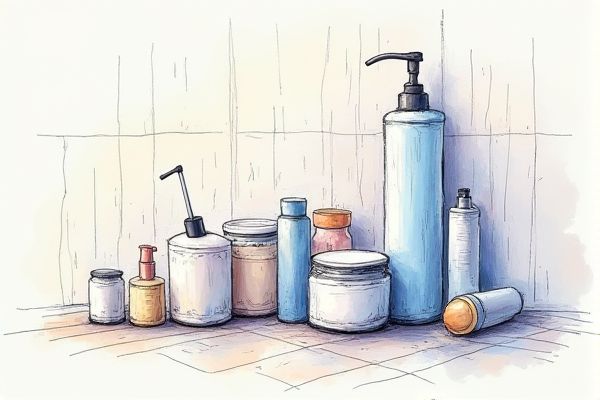
Illustration of toiletries
Best brands of toiletries in 2025
Dove
Dove is a leading brand in the personal care industry, boasting a significant market share of 21.5% in the global bar soap category and competing in 60% of all personal care buying occasions daily. The brand's success is largely attributed to its innovative "Real Beauty" campaign, launched in 2004, which challenged traditional beauty norms and resonated deeply with consumers, resulting in a substantial increase in sales from $2.5 billion to $4 billion over a decade. Dove's commitment to high-quality products and its focus on social causes, emotional appeals, and inclusivity have solidified its position as a market leader. In the U.S., Dove enjoys a high brand awareness of 93% among hair care users, with 40% of these users actively using the brand. For more insights on Dove's market presence, visit their market share analysis.
Neutrogena
Neutrogena, a prominent brand in the skincare industry, boasts an impressive 88% brand awareness among face care users in the United States, with 31% of these users actively using the brand. Despite its strong recognition, Neutrogena's market share has declined from 23% in 2019 to less than 14% in 2023, largely due to its slow adaptation to social media platforms like TikTok and the rise of competitors such as CeraVe. The brand is known for its wide range of products, with over 100 new items introduced in the last five years. However, Neutrogena's failure to engage with younger demographics and innovate quickly has impacted its sales, leading to a 4.5% decline in skin health and beauty organic sales in the latest quarter. Neutrogena is now focusing on revitalizing its brand through enhanced retail displays, redesigned packaging, and targeted marketing campaigns. For more detailed insights into Neutrogena's face care brand profile in the United States, you can explore the data provided by Statista.
L'Occitane
L'Occitane en Provence is a renowned international retailer of high-quality toiletries, founded in 1976 in Provence, France. The brand is celebrated for its extensive range of fragrances, body, face, and home products, including iconic items like lavender hand cream and Shea Butter products sourced from over 40,000 local female operatives in Burkina Faso and Ghana. In the fiscal year ending March 31, 2024, L'Occitane achieved net sales of approximately 2.5 billion euros, with a 24.1% growth at constant rates driven by strong performances in China and other key markets. The brand has also invested heavily in sustainability, aiming for 100% recyclable plastic bottles by 2025 and recently becoming a certified B CorporationTM. L'Occitane's marketing efforts, particularly in China, have led to double-digit sales growth and significant brand equity enhancement. For more information about their product offerings, visit their official website.
NIVEA
NIVEA, the flagship brand of Beiersdorf, had its best year ever in 2023, achieving a record EUR5.2 billion in sales with an organic growth of 16.2%. This success was driven by double-digit growth in every region and category, with a well-balanced mix of price and volume increases. The brand saw strong performance across all main categories, including NIVEA Deo, SUN, Body Care, Face, and Lip, with notable success from products like NIVEA CELLULAR LUMINOUS 630(r). NIVEA's e-commerce business also outperformed the market, growing by 19%, and the brand expanded its presence in key markets such as China and India. This growth solidified NIVEA's position as the fastest-growing beauty company in 2023. To learn more about NIVEA's successful strategies and product offerings, visit their official website.
Aveeno
Aveeno is a leading brand in the toiletries market, renowned for its commitment to natural ingredients and sustainable practices. With a brand awareness of 84% among face care users in the United States and 69% in the UK, Aveeno stands out for its popularity and loyalty, as 31% of U.S. face care users and 18% of UK users actively use the brand. The brand's loyalty is evident, with 87% of U.S. users and 83% of UK users indicating they are likely to use Aveeno again. Aveeno's products, such as its oat gel moisturizer, are highly sought after, contributing to its strong market presence. The brand aims to use 100% recyclable, reusable, or compostable packaging by 2025, highlighting its dedication to sustainability.
The Body Shop
The Body Shop, founded by Anita Roddick in 1976, is renowned for its pioneering role in ethical and sustainable cosmetics, maintaining strong value perceptions with a score of 7.3, outperforming competitors like Lush, L'Occitane en Provence, and Clarins. Despite a recent market share decline to 0.8%, the brand remains a leader in sustainability, with the best sustainability perceptions among UK cosmetics brands. Its global revenue was 408 million pounds in 2022, though this is down from 2018's results. The Body Shop has a significant presence with 2,456 stores worldwide, although this number has decreased from its peak of 3,119 in 2014. The brand was recently acquired by German private equity firm Aurelius in November 2023 for PS207 million. Discover what's next for The Body Shop brand in this insightful article: Back to the Future: What’s Next for The Body Shop Brand.
CeraVe
CeraVe has established itself as a leading brand in the skincare industry, particularly among Gen Z consumers, by focusing on clinical efficacy and dermatologist-developed formulations. In 2021, the brand achieved $1 billion in sales, marking a 75% year-over-year growth and securing its position as the No. 3 brand in the dermocosmetics market. With a strong commitment to ingredient transparency and education, CeraVe has built trust by highlighting the benefits of key ingredients like hyaluronic acid, ceramides, and niacinamide. The brand's effective use of TikTok has also driven significant engagement, with the hashtag #cerave garnering billions of views. Additionally, CeraVe enjoys high brand awareness and loyalty, with 76% of U.S. face care users recognizing the brand and 29% using its products. For more detailed information, visit their official website.
Kiehl's
Kiehl's, a renowned brand in the skincare and cosmetics industry, has established a strong presence with over 250 retail stores worldwide and more than 1,000 points-of-sale in department stores and airports. As part of the L'Oreal Group, Kiehl's is recognized for its premium skin, hair, and body care products, with a significant focus on naturally-derived ingredients and scientific innovation. The brand has a notable market share, particularly in the male skincare market, where it accounts for 9% of male cosmetics users in the United States, with 42% brand awareness among this demographic. Kiehl's also targets the growing demand for natural and organic skincare products, aiming to capture a larger share of this market segment. With a projected male cosmetics revenue of $562 million in the United States in 2021, Kiehl's demonstrates its strong market position.
Burt's Bees
Burt's Bees is a renowned brand in the personal care industry, celebrated for its commitment to using naturally derived, non-toxic ingredients. Founded 25 years ago in Maine by Burt Shavitz and Roxane Quimby, the company has expanded its product line to include over 200 items, from skincare and body care to haircare and baby products. In 2019, Burt's Bees generated over 140 million US dollars in sales, making it the leading lip balm/treatment brand in the United States with a market share of 19.3%. For more insights about Burt's Bees, visit their Summer Spotlight.
Gillette
Gillette, a subsidiary of Procter & Gamble, remains a dominant force in the global razor market, holding approximately 54% of the U.S. razor market share and a significant 70% of the global market. In 2023, Gillette's annual revenue was USD 82 billion, with a growth rate of 2.27% from 2022. The brand's cartridge razors contribute over 40% of its market share, and it maintains strong brand loyalty, with 89% of male consumers in the U.S. preferring Gillette razors. Despite competition from brands like Dollar Shave Club and Harry's, Gillette continues to innovate, as seen with its successful launch of products like the Mach 3. Gillette's market capitalization in India is estimated to be around USD 3.2 billion as of June 2024. For more detailed insights, explore the Gillette statistics.











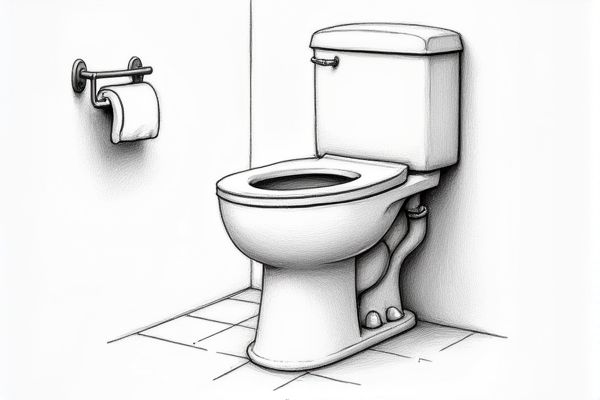

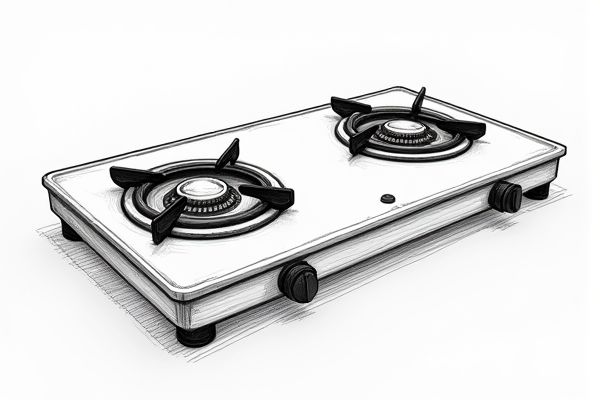
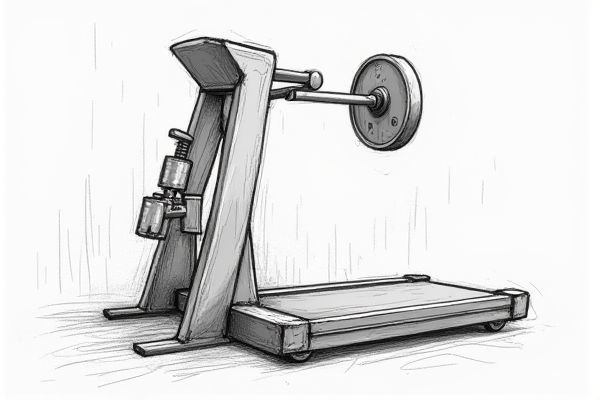
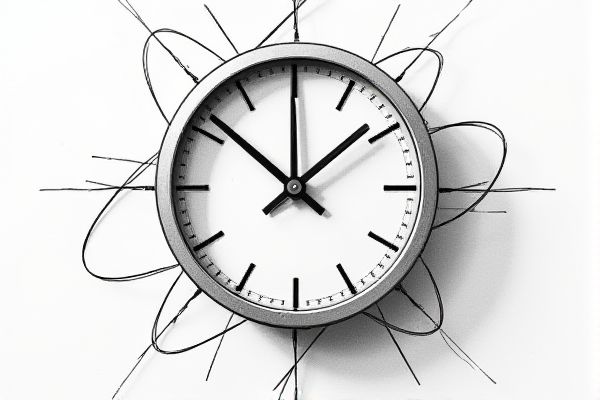
Leave a Reply
Your email address will not be published.